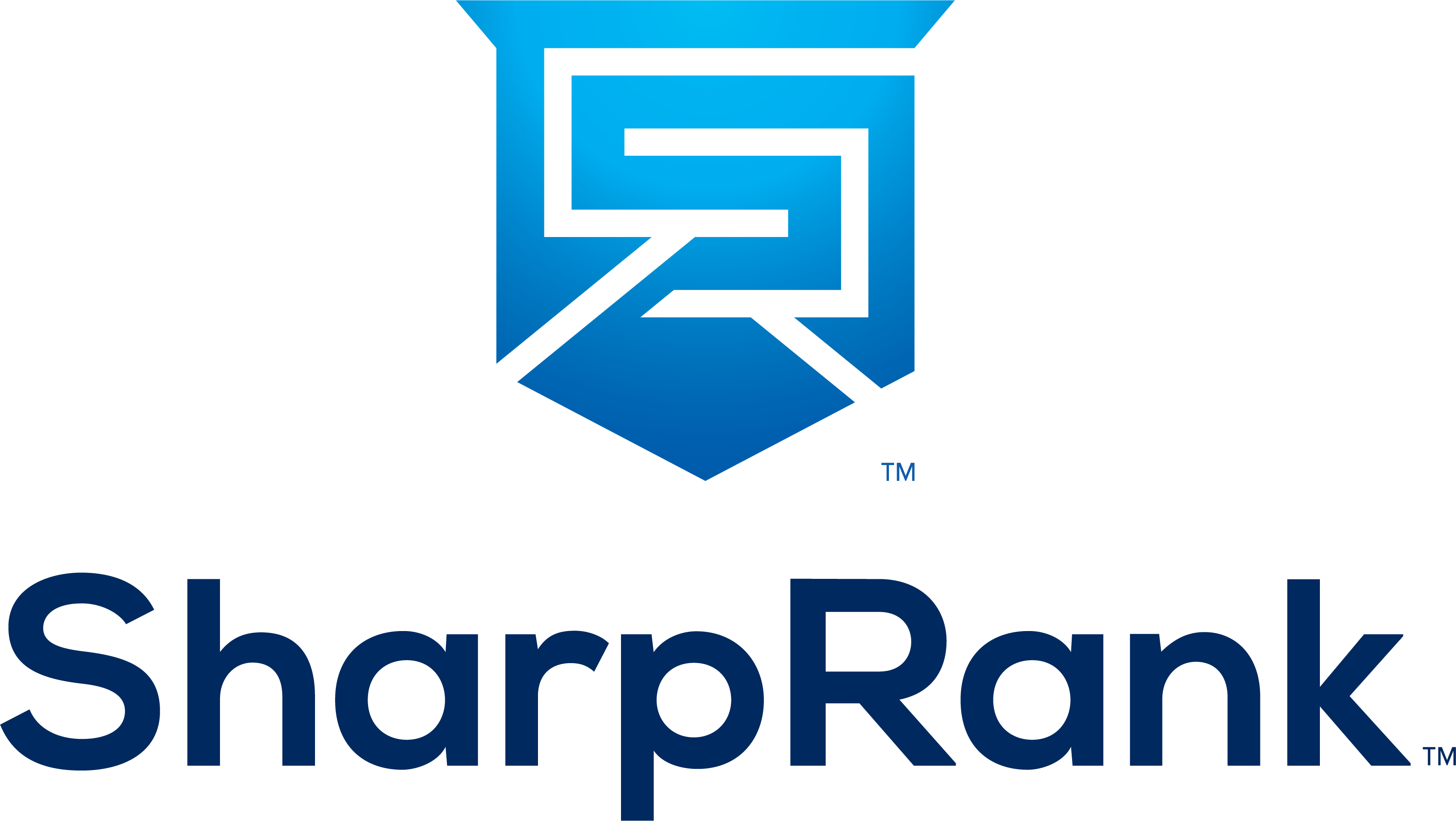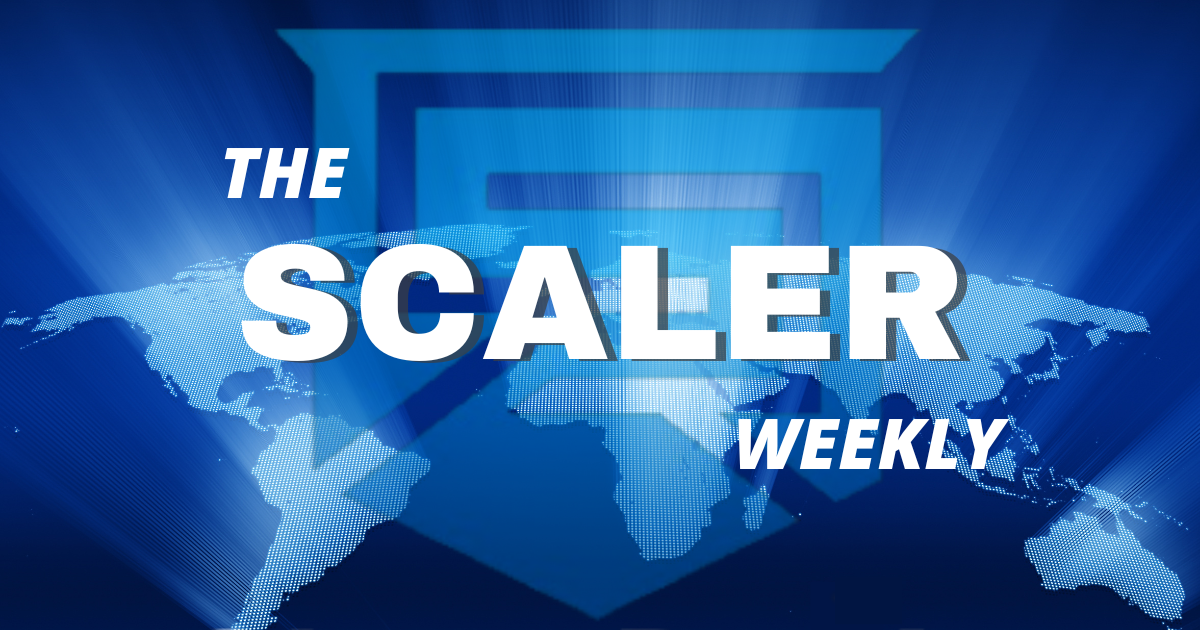SharpRank’s weekly updates on Compliance, Audit, Legislation, Ethics, & Regulation within the Sports Betting Industry.
Topics 5/21/25:
- Missouri Opens Sports Betting Bidding With Online-Only Licenses Up for Grabs
- Ontario Regulator Cracks Down on Media Ads for Illegal Gambling Sites Like Bodog
- Minnesota Faces Final Countdown to Legalize Sports Betting Before Session Ends
- Experts Warn of Risky Betting Behaviors Promoted by Influencers at SBC Summit
- Ohio Bill Would Legalize iGaming Exclusively for Existing Casino Operators
Missouri Opens Sports Betting Bidding With Online-Only Licenses Up for Grabs
On May 19, 2025, the Missouri Gaming Commission (MGC) opened the application period for sports betting licenses, signaling the state’s move toward legal sports wagering following the narrow passage of Amendment 2 in November 2024. The amendment allows both retail and online betting for individuals 21 and over, covering professional and collegiate sports. Two exclusive online-only licenses are up for bid, with applications due July 15 and awards announced August 15. Missouri’s 13 licensed casinos may also apply for retail and mobile sportsbook licenses, with those applications due September 12 and operations set to begin December 1. Licenses will cost $250,000 (retail) and $500,000 (mobile), and the state will impose a 10% tax on gross sportsbook revenue. Caesars Entertainment, despite previously spending nearly $14 million to oppose Amendment 2, is expected to bid—potentially to limit mobile competition. Funds will support K–12 education and compulsive gambling prevention.
Ontario Regulator Cracks Down on Media Ads for Illegal Gambling Sites Like Bodog
In May 2025, Ontario’s Alcohol and Gaming Commission (AGCO) urged more than a dozen media outlets to stop promoting offshore operators such as Bodog, which remains accessible in Ontario despite being geo-blocked elsewhere. The AGCO argues that such advertising misleads consumers and undermines the integrity of the province’s regulated iGaming market. AGCO CEO Dr. Karin Schnarr emphasized that media platforms have a responsibility to help protect the public by not amplifying illegal operators. The AGCO continues to work with international and domestic partners to address noncompliance and protect Ontarians.
Minnesota Faces Final Countdown to Legalize Sports Betting Before Session Ends
As Minnesota’s 2025 legislative session nears its end, lawmakers remain divided over how to legalize sports betting. Disagreements between tribal nations and racetracks, despite multiple proposed bills, continue to stall progress. Reports estimate $929 million was spent on illegal sports betting in 2023 alone. With no clear regulatory framework, fantasy sports apps operate in a gray area, and concerns about gambling addiction and the need for consumer protection are mounting. Lawmakers like Rep. Cedrick Frazier advocate for legalizing betting to bring regulation, oversight, and funding for addiction services. However, time is running out to pass legislation before the session ends.
Experts Warn of Risky Betting Behaviors Promoted by Influencers at SBC Summit
At SBC Summit Americas on May 15, 2025, a panel of experts explored the role of social media influencers in promoting sports betting and the potential harm caused by promoting unrealistic expectations. Speakers like Andrew Garven of Covers and David Fucillo of Vox Media emphasized the importance of transparency, ethical promotion, and responsible gaming in influencer-led campaigns. The discussion warned against glamorizing high-stakes or long-shot parlays and highlighted how misleading content can negatively affect casual bettors. Marco Bianchi of BC Ventures added that portraying unattainable bet sizes or consistent wins can encourage dangerous behavior. The panel concluded that influencer marketing must evolve to reflect responsible gambling values, even as regulators struggle to keep up.
The Full Story Here.
Ohio Bill Would Legalize iGaming Exclusively for Existing Casino Operators
On May 20, 2025, Rep. Brian Stewart introduced House Bill 298 to legalize online casino games and slots (iGaming) in Ohio—but only for operators that already have physical casinos or racinos. No out-of-state companies will be eligible. The bill proposes a $50M licensing fee, $10M annual renewal, and a 28% tax rate—projected to generate $400–800M. While 1% of revenue will go to problem gambling programs, the rest will feed the general fund. Promotional credits must be tied to real-world casino rewards like meals or hotel stays, not online free play. A Senate version is also underway.
Click here to read our latest blog post: Efficient Market Hypothesis in Sports Betting

